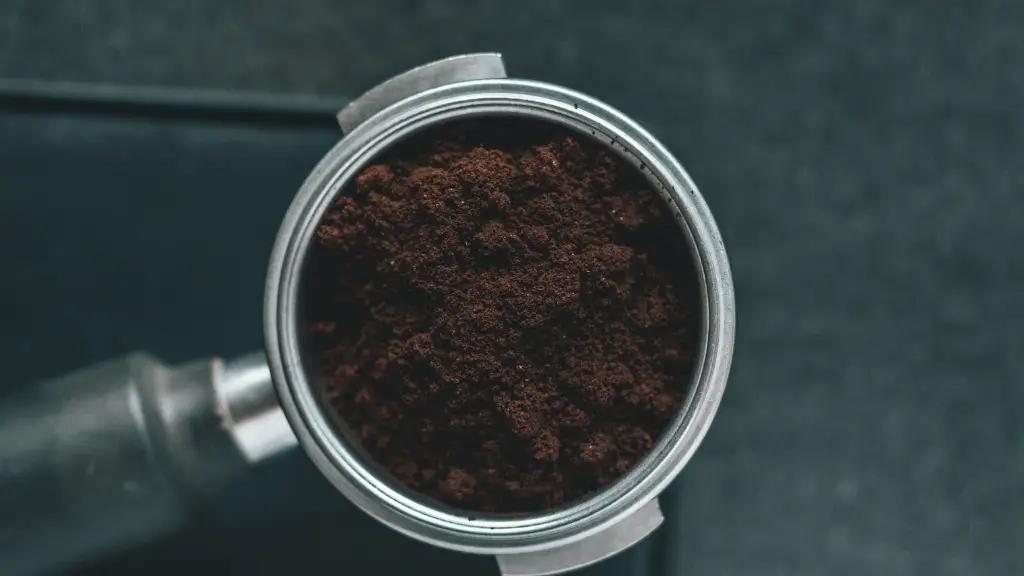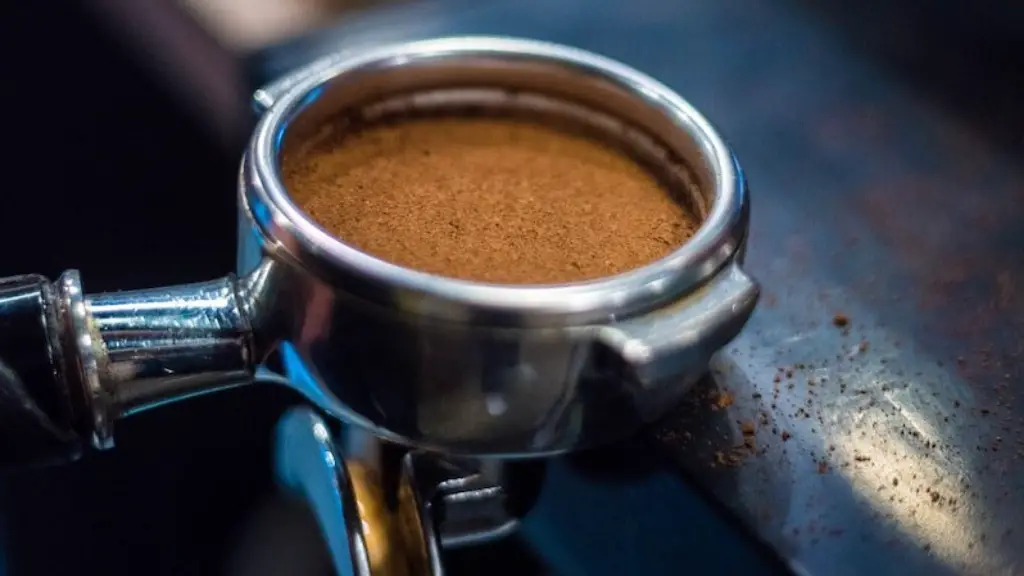The Link between Caffeine and Concussion
Caffeine is a popular drink that is often taken as an alertness aid or a stimulant. But, is it safe to drink coffee with a concussion? A concussion is a type of traumatic brain injury that causes a jarring of the brain within the skull. This can be caused by a bump, blow, or jolt to the head, and can have serious, long-term consequences, such as impaired cognitive function, vision and hearing problems, dizziness, fatigue, and anxiety.
Coffee and other caffeinated beverages are commonly consumed among people of all ages. Studies have suggested that caffeine may be beneficial for cognitive performance and physical performance. But, there is limited research on the effects of caffeine on the brain’s recovery after a concussion.
A recent study published in the journal Neuropsychology demonstrated that caffeine did improve memory recall among adults and adolescents who had sustained a concussion. The research also suggested that caffeine might also be helpful in allowing people who had sustained a concussion to think more clearly and complete tasks more quickly. In addition, the study found that caffeine did not increase the risk of further neurological symptoms in those who had recovered from a concussion.
Despite the potential benefits of caffeine with concussion, it’s important to note that the effects of caffeine on the brain are dose-dependent. This means that the stronger the dose, the more noticeable and dangerous the effects may be. Therefore, it’s important to be careful about the amount of caffeine that you consume with a concussion, as it can have a negative effect on your cognitive and physical performance.
It’s also important to note that many of the health benefits of caffeine seen in studies may be attributed to other components of coffee, such as antioxidants. Therefore, it is important to consider the other components of coffee when it comes to concussion recovery, as they can have positive effects on the body’s ability to heal.
Another consideration is that caffeine is a diuretic, which can lead to dehydration. In addition, caffeine can increase heart rate and blood pressure, which can potentially exacerbate the symptoms of a concussion. Therefore, it is important to take caution when consuming caffeine after a concussion and monitor your body’s reaction.
Overall, there is limited research on the effects of caffeine on the brain’s recovery after a concussion. While studies have suggested that caffeine may be beneficial for cognitive performance and physical performance, it’s important to note that the effects of caffeine on the brain are dose-dependent. Therefore, it’s important to be careful about the amount of caffeine that you consume with a concussion, as it can have a negative effect on your cognitive and physical performance.
The Benefits of Drinking Coffee With Concussion
Coffee can provide some benefits in the recovery process from a concussion. Caffeine can improve alertness, concentration, and reaction time, all of which can be impaired following a concussion. In addition, coffee may also improve memory recall and general cognitive performance.
Caffeine may also be beneficial for physical activity, such as athletics, as it can improve athletic performance in activities such as sprinting, jumping, and weightlifting. Coffee can also be beneficial in helping to reduce fatigue and increasing energy levels.
General Guidelines and Precautions
When drinking coffee after a concussion, it is important to keep in mind a few general guidelines. It is important to always discuss any dietary changes with a doctor or health professional before making them.
It is important to consume small amounts of coffee and avoid large doses. Research suggests that moderate levels of caffeine, such as one to two cups per day, can be beneficial for those recovering from a concussion. However, it is important to monitor the body’s reaction to determine the amount and frequency of caffeine that is best for you.
It is also important to be mindful of the potential side effects of caffeine. Caffeine can increase heart rate and blood pressure, which can be dangerous for those with a pre-existing heart condition. In addition, caffeine can cause dehydration and may also increase feelings of anxiety.
Alternatives to Coffee
If you don’t want to drink coffee after a concussion, there are a variety of alternatives that can provide similar benefits. Tea, such as green tea or oolong tea, can provide similar benefits to coffee, as they contain small amounts of caffeine and are also rich in antioxidants.
In addition, there are a variety of herbal supplements that can provide similar benefits. These include ginseng, which is known to improve concentration and alertness, and ashwagandha, which has been shown to reduce stress and anxiety.
The Role of Lifestyle Changes in Recovery From Concussion
When recovering from a concussion, it is important for patients to consider making lifestyle changes. This includes getting enough quality sleep, eating a healthy diet, and avoiding activities that could contribute to further injury.
It is also important to be mindful of what activities should be avoided. High-risk activities, such as contact sports, should be avoided during the recovery period, as they can lead to further injury and complications.
In addition, activities that involve physical exertion or mental stress should also be avoided. This includes activities such as running, weight lifting, and studying for long periods of time. It is important to give the body time to recover and heal before engaging in these activities.
Sources of Support for Those Recovering From Concussion
Recovering from a concussion can often be a long and difficult process. It is important for those recovering from a concussion to know that they are not alone and there are a variety of resources available to provide support and guidance.
One of the best sources of support is family and friends. It is important for them to be educated about the symptoms of concussions so that they can provide advice and support when needed.
In addition, there are a variety of online resources available that provide information and support on concussions. These resources can provide helpful information and support during the recovery process.
Finally, there are a variety of health professionals, such as doctors, physiotherapists, and psychologists, who are trained to provide advice and support to those recovering from a concussion. They can provide valuable advice and support on how to manage symptoms and cope with the challenges of recovering from a concussion.
Conclusion
In conclusion, while the research is limited on the effects of caffeine on the brain’s recovery after a concussion, studies have suggested that it can be beneficial for cognitive performance and physical performance. However, it is important to be mindful of the potential side effects of caffeine and take caution when drinking coffee after a concussion. In addition, there are a variety of lifestyle changes, such as getting enough quality sleep, eating a healthy diet, and avoiding activities that involve physical exertion or mental stress, that can greatly benefit those recovering from a concussion. There are also a variety of sources of support available, such as family, friends, online resources, and health professionals, that can provide advice and support during the recovery process.

